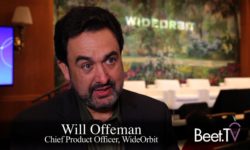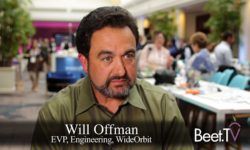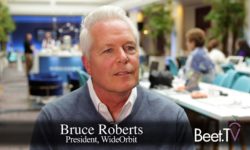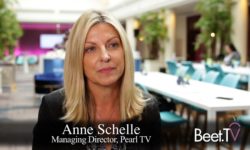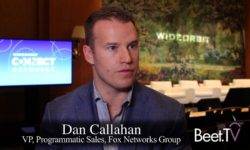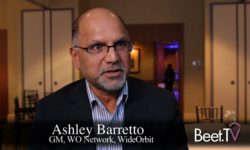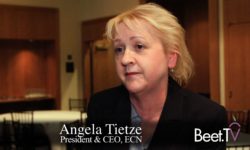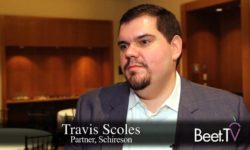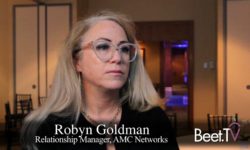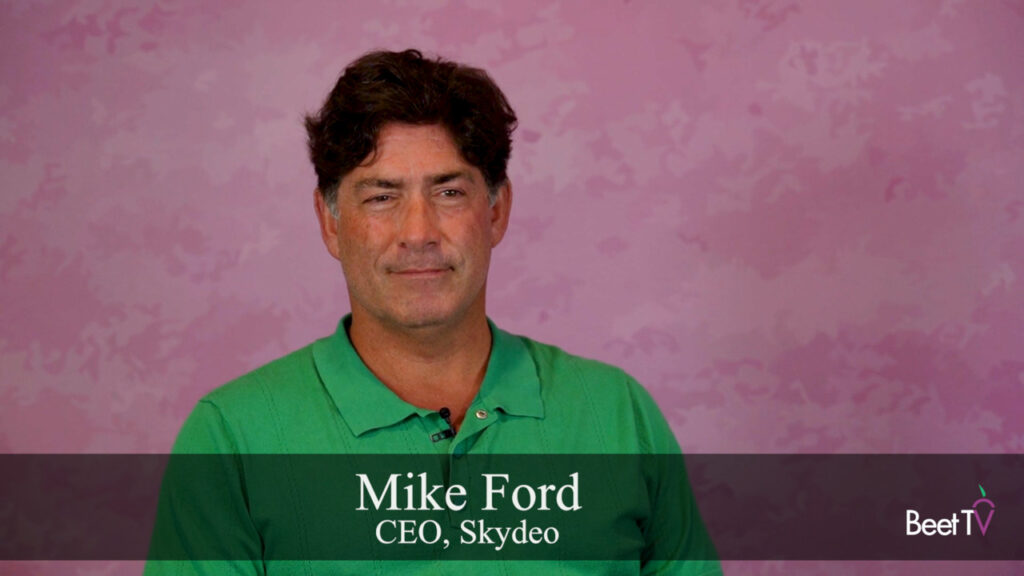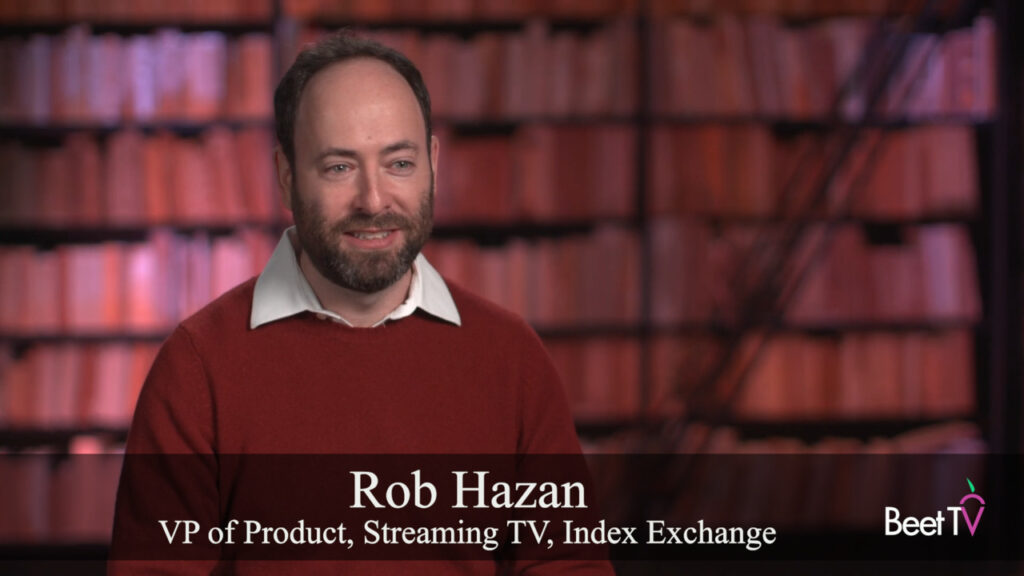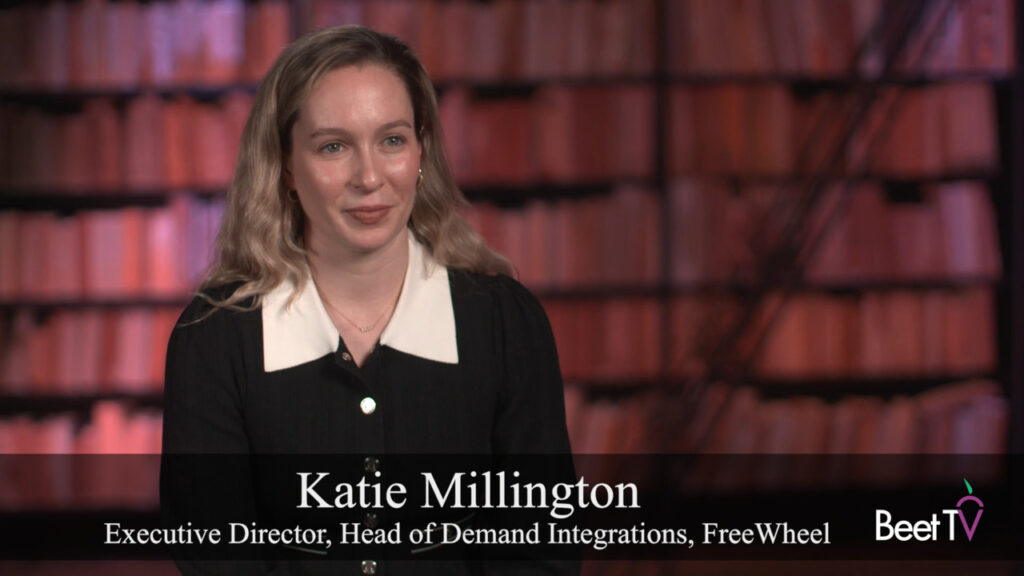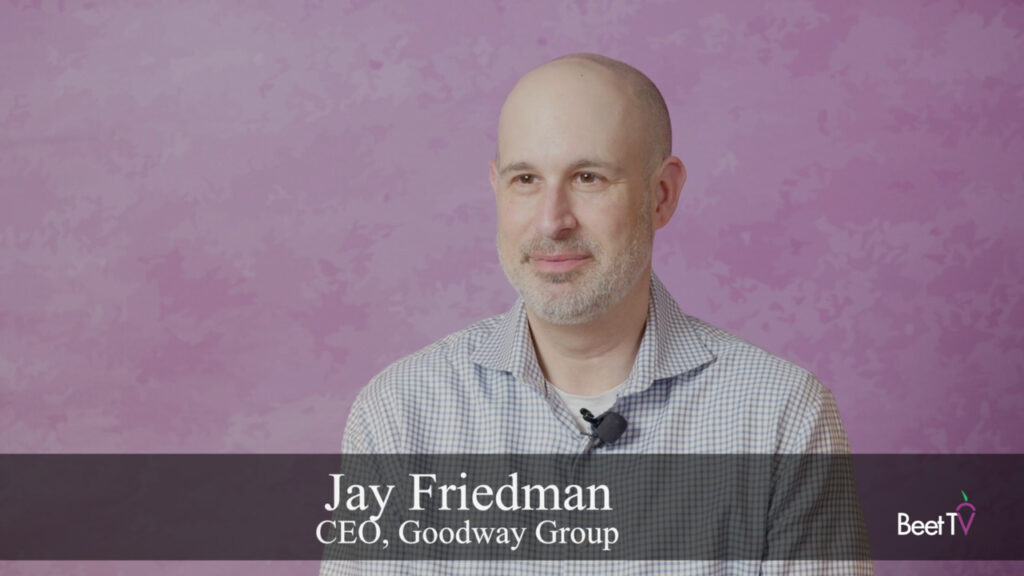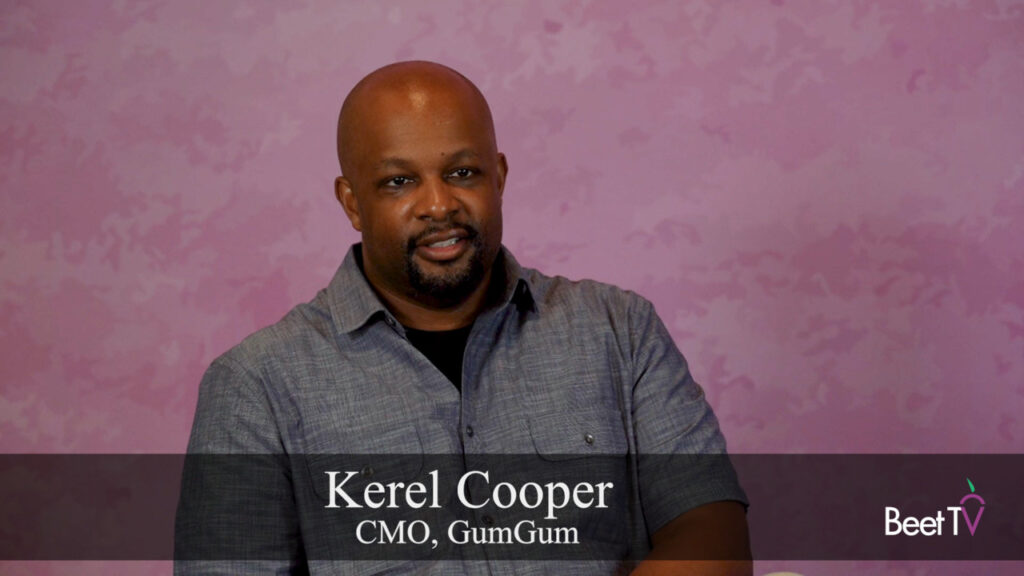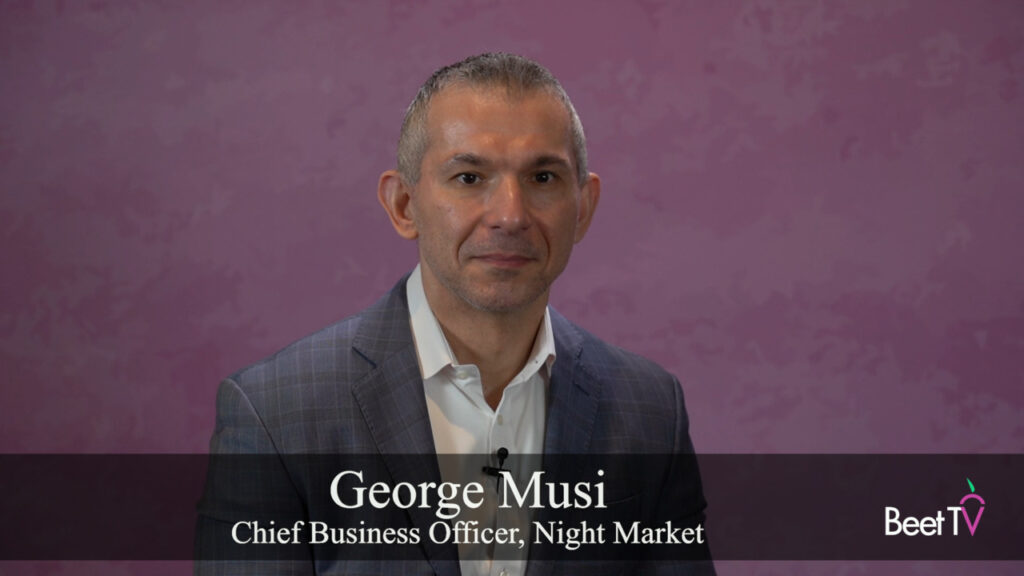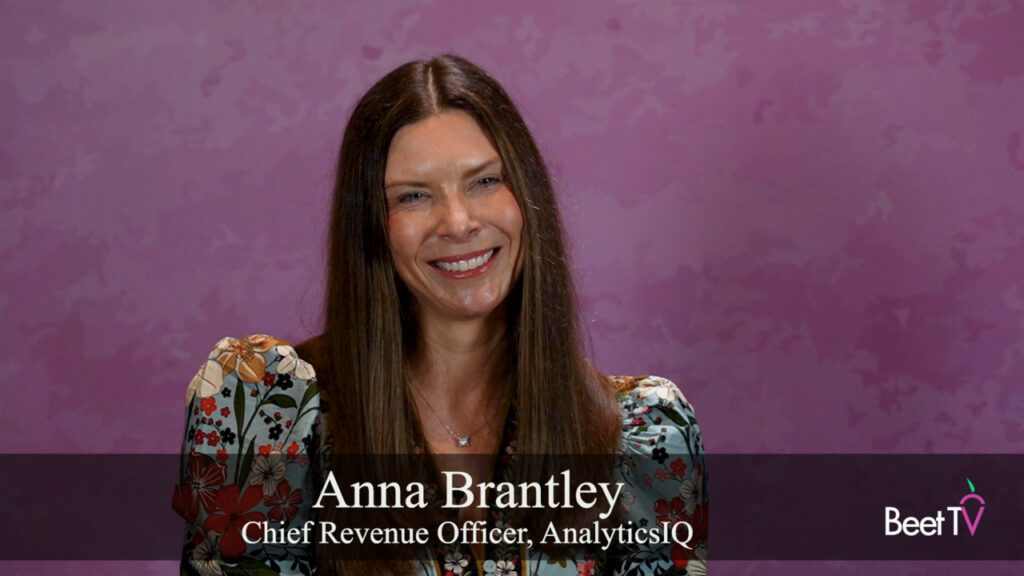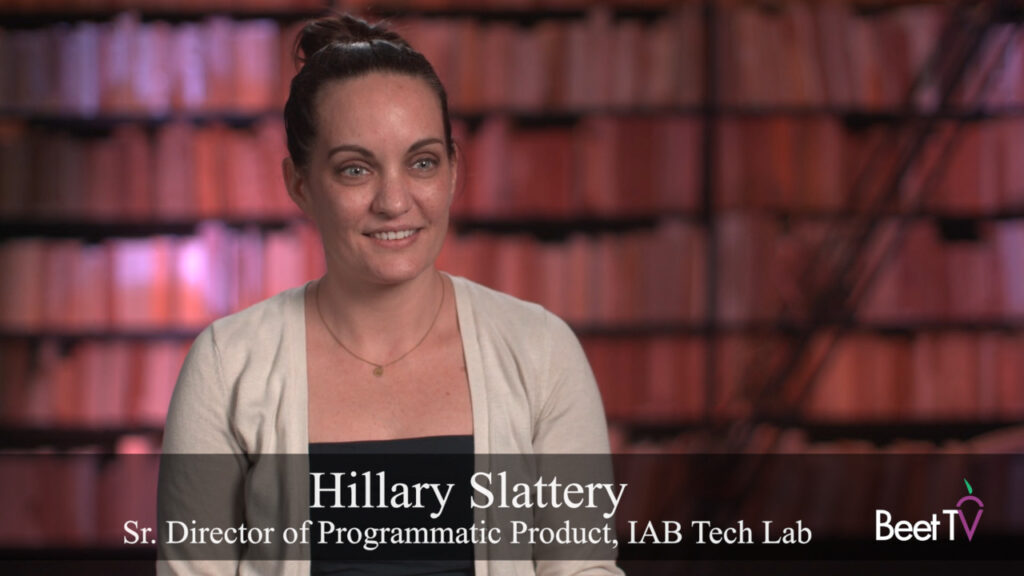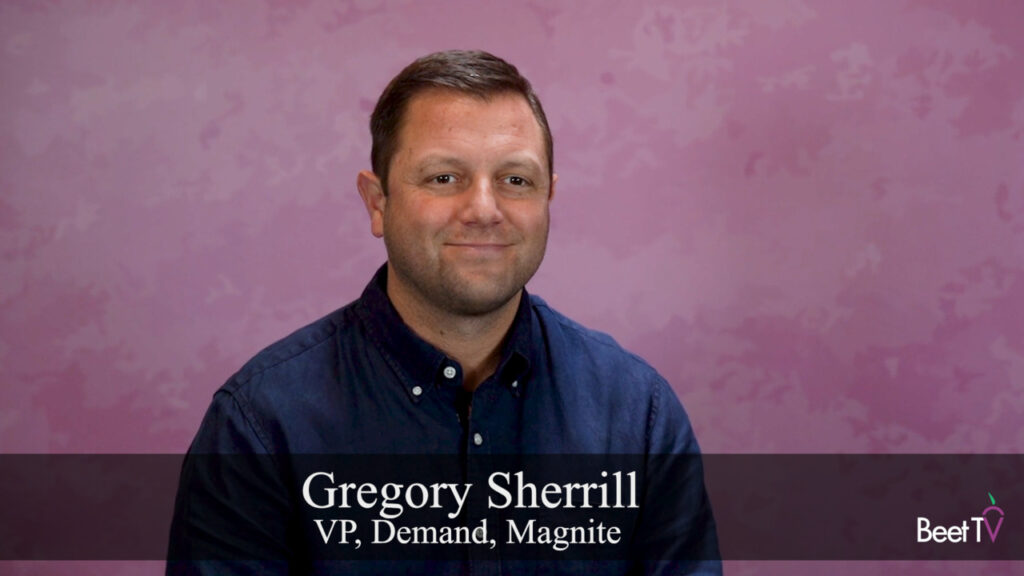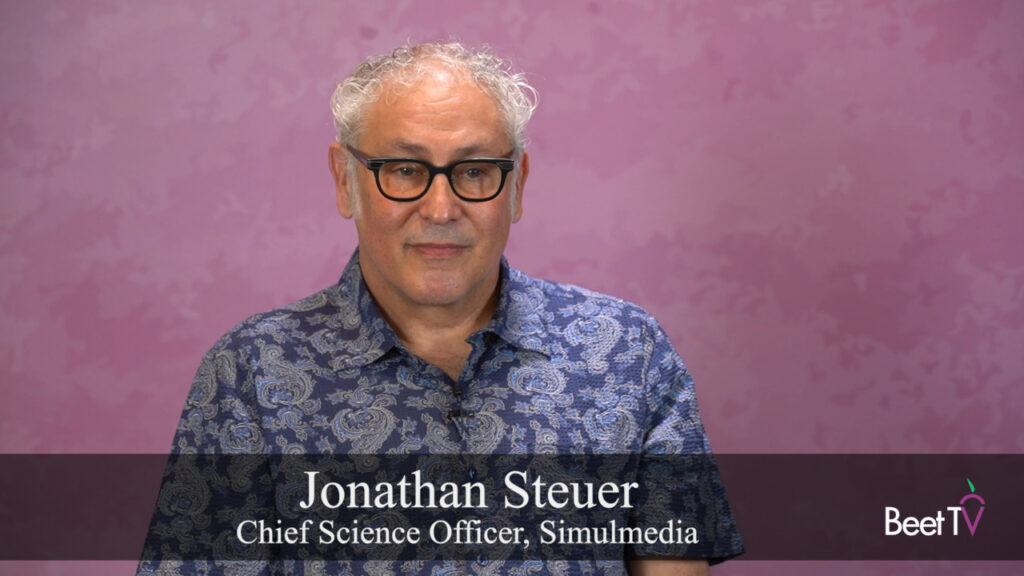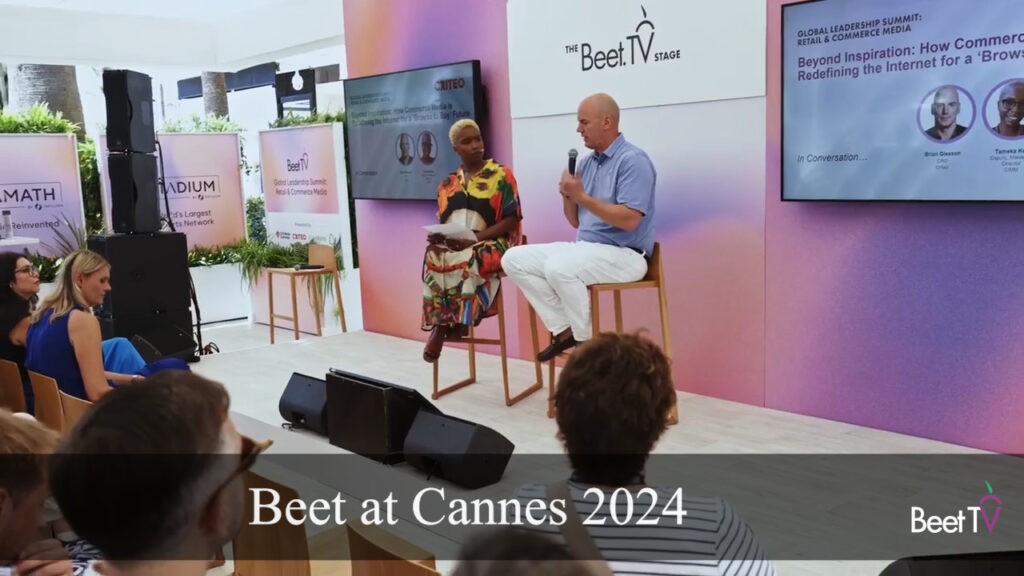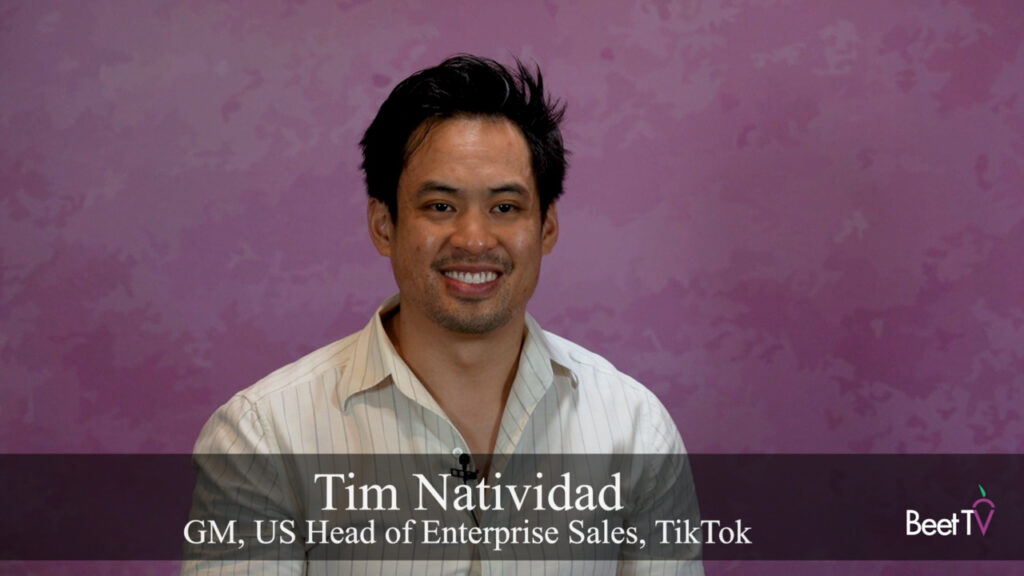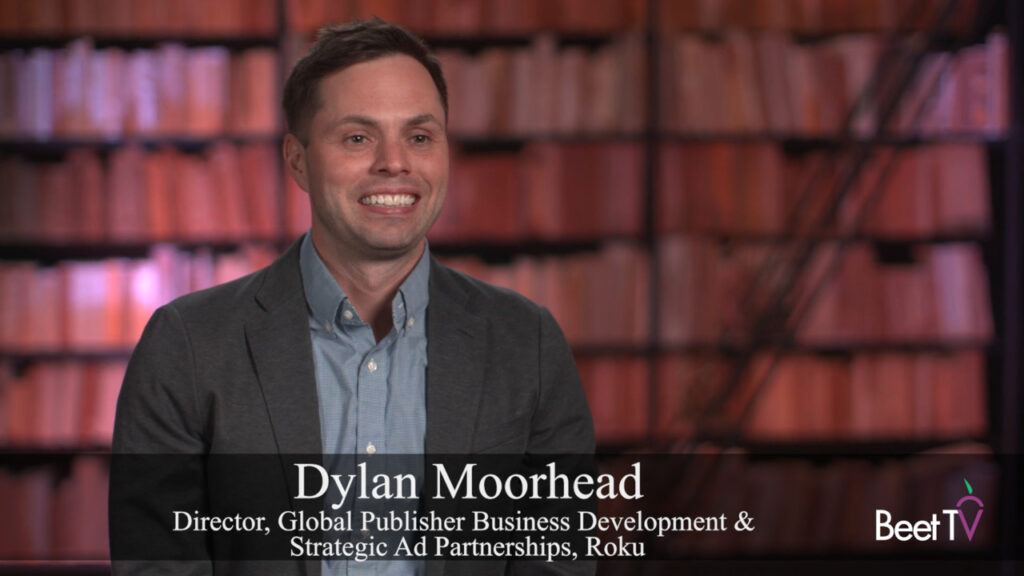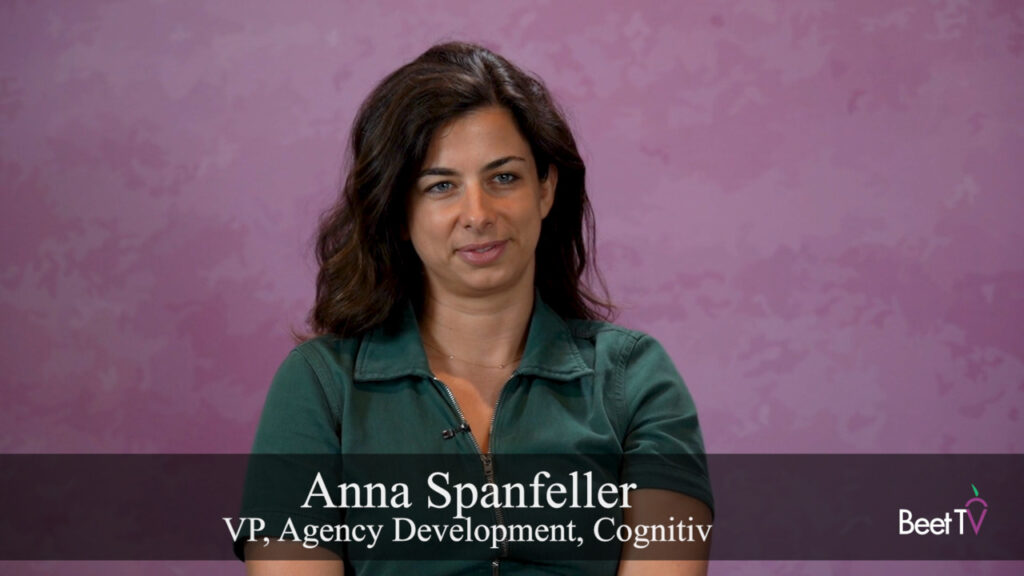SAN FRANCISCO – The complexity of transacting local radio and television has long been a challenge. Now that it’s further complicated by data and digital technology advances, a one-size-fits-all approach just doesn’t cut it, according to Tim Swift, VP of Platform Services at WideOrbit.
So although WideOrbit provides the “system of record” for much of local broadcast media, it too needs to maintain flexibility and be willing to integrate its solutions with others, Swift explains in this interview with Beet.TV at the annual WideOrbit Connect conference.
“There’s a lot of competition that’s going on, especially as it relates to local TV, local radio,” Swift says. “And as you’ve got new players that are coming in, they’re looking for solutions to be able to compete up against them as well as some of the big fish” like Facebook and Google. “What we can certainly see that as the marketplace is actually getting, let’s call it fragmented, more complicated, there’s always going to be different solutions that need to exist to address whatever challenge they’re facing.”
While WideOrbit has a variety of proprietary solutions that are fully integrated with each other, “At the same time, recognizing that companies will often have already in place certain systems or solutions that they’re comfortable with” it’s open to collaborative integration. “We need to be able to play with these other providers to make it easier for companies to affect their business,” Swift adds.
A case in point is the company’s establishment earlier this year of WideOrbit Platform Services, which enables clients to adopt their choice of third-party software for any business function and export their traffic, sales and billing data to external systems. When launched, the new group had integration and API support in place for more than 100 industry standards and third-party software packages.
Prior to joining WideOrbit this summer, Swift was Financial Controller for KSL 5 TV in the greater Salt Lake City area, so he knows the everyday challenges of local broadcasters at the ground level.
“I think to take the contrarian view and look at it from a positive standpoint, local stations have an amazing opportunity to be able to meet the needs of their local clients,” he says.
Citing impending advances like the ATSC 3.0 broadcast standard that should usher in more digital addressability, he foresees a future wherein things like better attribution finally come to the local TV world rather than “simply a ratings-type system.”
This video is part of a Beet.TV series on advanced TV produced at the WideOrbit Connect conference. WideOrbit is the sponsor of this series. Please find more videos here.






